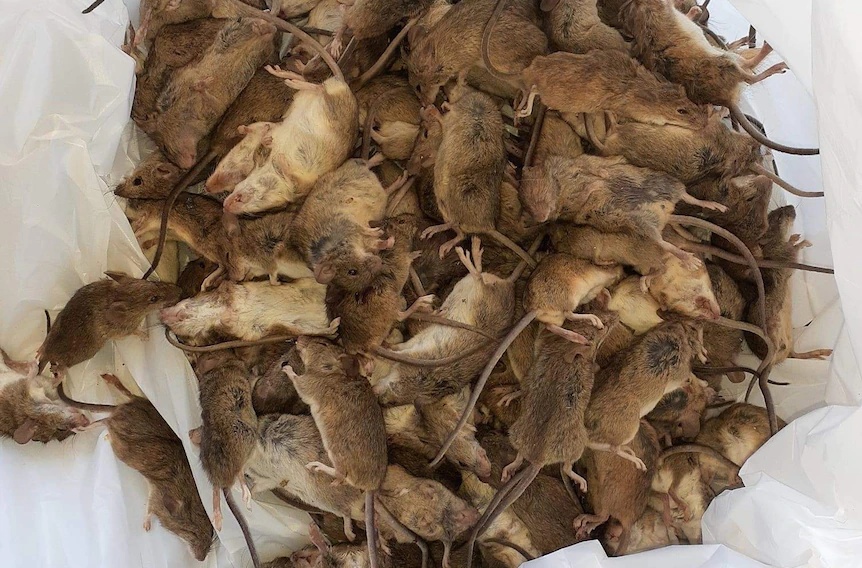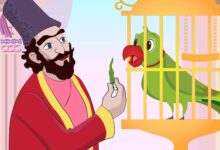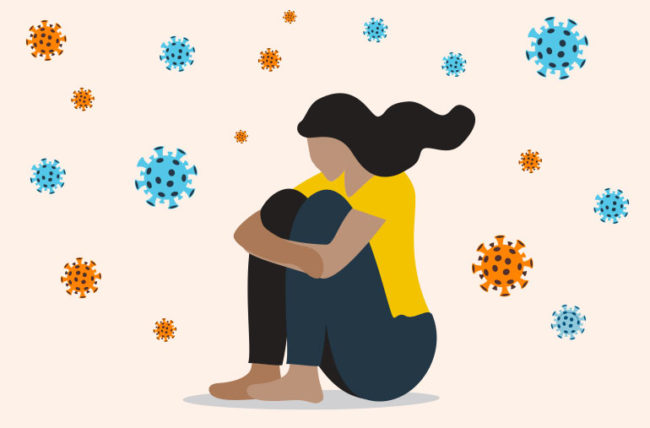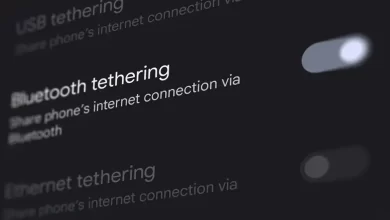
Mice biting hospital patients, ravaging farms as plague escalates across NSW
Three hospital patients in regional New South Wales have been bitten by mice as the horror rodent plague escalates.
Key points:
- Health expert is “surprised” more people haven’t contracted a rare rodent-borne infectious disease
- Farmers across New South Wales are calling for a new method to control the plague
- They fear mice will destroy the winter crops and stored hay
NSW Health has confirmed the patients were bitten in Tottenham, Walgett and Gulargambone.
“Reports of residents or patients receiving minor bites have been made … and appropriate treatment has been provided,” said a NSW Health spokesperson.
Western Local Health District has received one report of a mouse-related illness known as lymphocytic choriomeningitis [LCM] in the region.
“The disease is linked to mice but it’s very rare,” said public health director Priscilla Stanley.
“People described sore. Red eyes are a symptom.
She said she was “surprised … that we haven’t seen any increased numbers of leptospirosis”.
The hospital incidents underscore how bad the mice plague has become in regional New South Wales.
Farmers seeking emergency poison
Farmers across the state are desperately seeking new rodent control methods to save their winter crops from destruction.
Pest populations have drastically increased and so have reports of them ruining crops, destroying stored hay and invading silos, sheds and homes.SHARE
Mice biting hospital patients, ravaging farms as plague escalates across NSW
ABC Rural /
By Michael Condon, Keely Johnson and Joanna Woodburn
Posted ThuThursday 18 MarMarch 2021 at 1:35am, updated ThuThursday 18 MarMarch 2021 at 7:11am
Pile of small, brown mice in white plastic
Desperate farmers are calling for an emergency mouse poisoning program.(Supplied: Kerrie Jordan)
Three hospital patients in regional New South Wales have been bitten by mice as the horror rodent plague escalates.
Key points:
Health expert is “surprised” more people haven’t contracted a rare rodent-borne infectious disease
Farmers across New South Wales are calling for a new method to control the plague
They fear mice will destroy the winter crops and stored hay
NSW Health has confirmed the patients were bitten in Tottenham, Walgett and Gulargambone.
“Reports of residents or patients receiving minor bites have been made … and appropriate treatment has been provided,” said a NSW Health spokesperson.
Western Local Health District has received one report of a mouse-related illness known as lymphocytic choriomeningitis [LCM] in the region.
“The disease is linked to mice but it’s very rare,” said public health director Priscilla Stanley.
“People described sore. Red eyes are a symptom.
She said she was “surprised … that we haven’t seen any increased numbers of leptospirosis”.
The hospital incidents underscore how bad the mice plague has become in regional New South Wales.
Farmers seeking emergency poison
Farmers across the state are desperately seeking new rodent control methods to save their winter crops from destruction.
Pest populations have drastically increased and so have reports of them ruining crops, destroying stored hay and invading silos, sheds and homes.
Go direct to the source
Get Australia’s #1 news appDownload the ABC News app for all the latest.
New South Wales Farmers’ Association president James Jackson said urgent action was needed by the state government to control the plague.
“A lever we can pull is with the APVMA [the Australian Pesticides and Veterinary Medicines Authority], and that is to get an emergency-use permit so we can actually treat farmers’ grain that is not sterilised,” Mr Jackson said.
He said the permit would give farmers permission to use the lethal rodenticide known as zinc phosphide to treat their seed.
“[The permit] will reduce the cost of the poisoning program and indeed give permission to put it on fallow fields,” he said
Grain growers fear for their winter crop
Norman Moeris, a farmer in the central west, said his property in Gilgandra was overrun.
“[The mice] have done a hell of a lot of damage to hay that people were storing for the next drought … silo bags. They are just demolishing them,” Mr Moeris said.
“It’s just like a wave of plague locusts on the ground. That’s how bad they are.”
Mr Moeris is just one of many farmers calling for an emergency control program to be introduced ahead of the winter crop season, set to commence in just a few weeks.
“We need to control them now for winter sowing,” Mr Moeris said.
“We have bought 500 kilos of Mouseoff, and if you put it out when it rains or if we get heavy dew, it’s gone… That’s $4,000 worth.
“[An emergency control program] will save a lot of heartache and mental trauma.
Tackling the plague a costly task
In addition to the emergency use permit, New South Wales Farmers is also seeking financial assistance.
“Mouse control is very costly,” Mr Jackson said.
“The severity of the current plague has resulted in the need for multiple aerial and ground bait applications in cropping regions.”
The organisation is calling for a rebate on rodenticide products or a subsidy for ground and aerial baiting.
“I think it’s probably time we have a little bit of input from the government on this one, but we are running out of time as we’re only a few weeks away from planting for some people.”
Reliable control method still unknown
NSW Minister for Agriculture Adam Marshall says it’s still unclear if there is a control method effective enough to tackle the plague.
“I have been meeting with NSW farmers frequently on this issue, and at our most recent meeting, they had no clear suggestions on how we can tackle this problem,” Mr Marshall said.
“This shows how difficult mice are to manage.”
“Fundamentally, the regulation of what we are able to use against these pests sits with the APVMA. If we don’t have what we need, it needs to be sorted out at a federal level.
“If it was up to me, I would task my department with finding an off-label solution, so our farmers have what they need to fight back.”







